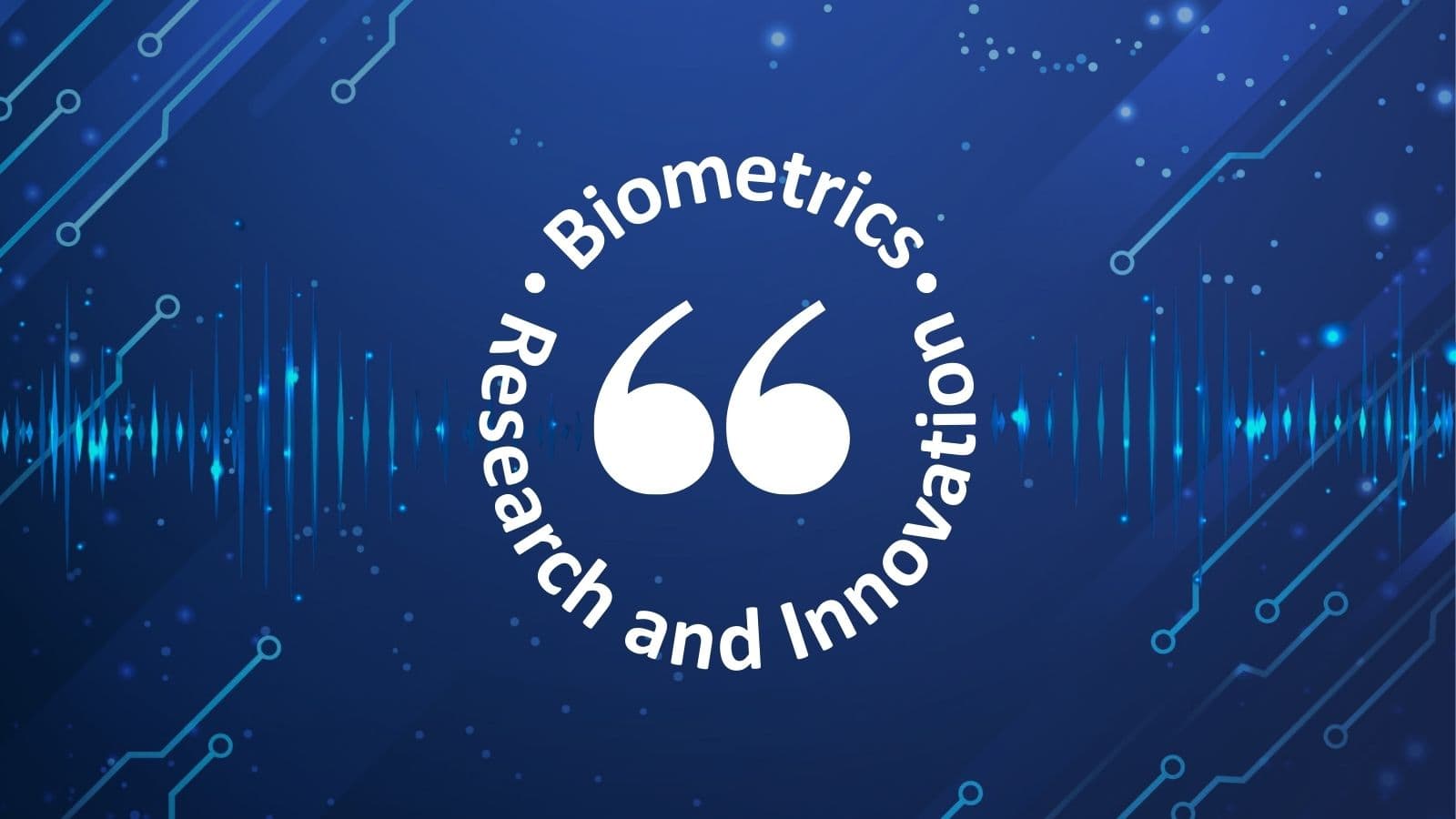
Biometrics Institute explores the ‘larger than life’ impact of AI and LLMs on Biometric Research and Innovation
The Biometrics Institute recently convened a diverse group of academic researchers, industry experts, and members for its On The Pulse Conversation focussing on Research and Innovation. The online gathering provided an in-depth exploration of new research and innovative applications across the biometrics landscape, with a particular focus on how artificial intelligence (AI) is driving significant advancements.
The event, held under the Chatham House Rule to encourage open and candid discussion, focused on the latest developments in areas such as facial recognition, fingerprint analysis, and behavioural biometrics. Experts shared insights on how AI, particularly deep learning and Large Language Models (LLMs), is enhancing accuracy and efficiency, often surpassing human capabilities in complex tasks like analysing large datasets or recognising subtle patterns.
Themes discussed included:
- The evolution of facial recognition, with deep learning models achieving much improved accuracy rates and the ability to identify individuals under various conditions, including different ages, races, and even with masked faces
- The use of AI as a powerful tool to assist human experts in fields like fingerprint analysis, creating a best of both worlds approach that combines computational power with human expertise. While human reasoning is often intuitive and difficult to explain, presenting a “black-box” challenge, combining AI with human intuition can lead to better results
-
-
The potential of behavioural biometrics as a form of authentication. Experts noted that AI can learn unique behavioural signatures, adding another layer of security as behaviour goes beyond movement, touch and gait but also includes how you use words
- Device-centric vs user-centric digital authentication, where credentials are cryptographically bound directly to a user’s biometric characteristics to enhance security while preserving privacy
Conversations highlighted the central challenge facing the industry: how to embrace innovation while mitigating risks and ensuring responsible use.
Isabelle Moeller, CEO of the Biometrics Institute, stated, “As we face these new opportunities and challenges, the critical question is how we reap all the benefits and opportunities that AI brings to biometrics, while at the same time balancing them with the risks.”
The Biometrics Institute is committed to helping its members and the wider community navigate this complex landscape. Through its extensive good practice resources and a dedicated community of experts, the Institute provides a platform for engaging discussions and knowledge sharing. These conversations will continue at the upcoming Biometrics Institute Congress, where professionals can further explore the future of biometrics.
ENDS.
About the Biometrics Institute:
The Biometrics Institute is the independent and impartial international membership organisation for biometric users and other interested parties. It was established in 2001 to promote the responsible, ethical and effective use of biometrics. It has offices in London and Sydney.
The Institute represents a global and diverse multi-stakeholder community of over 200 membership organisations from 43 countries. While a large proportion of the members are from government, other members include banks, airlines, biometric experts, privacy experts, suppliers, academics and 18 Observers representing United Nations agencies, IGOs and European Union institution.
The Biometrics Institute connects the global biometrics community. It shares knowledge with its members and key stakeholders and most importantly, develops good practices and thought leadership for the responsible, ethical and effective use of biometrics.
For more information, please email Marco Lombardi.




